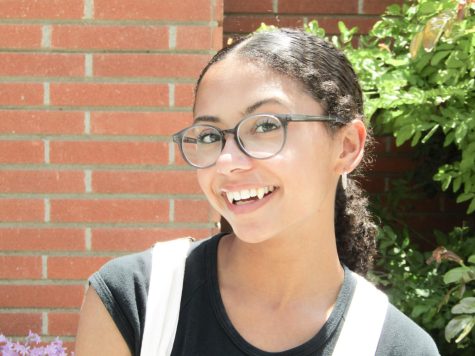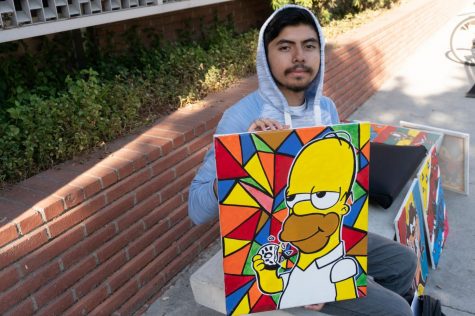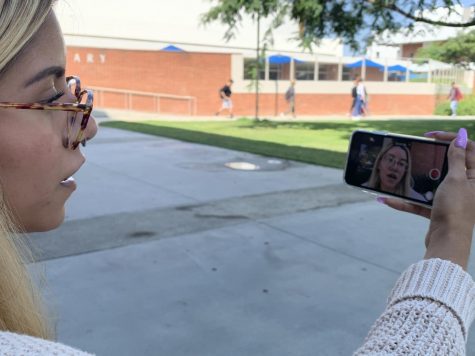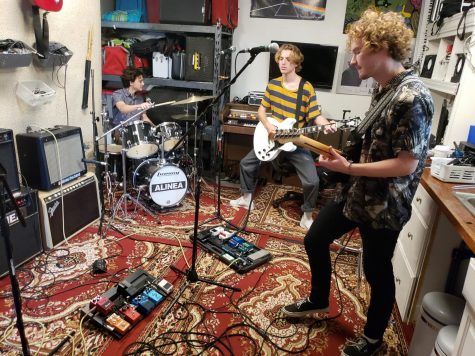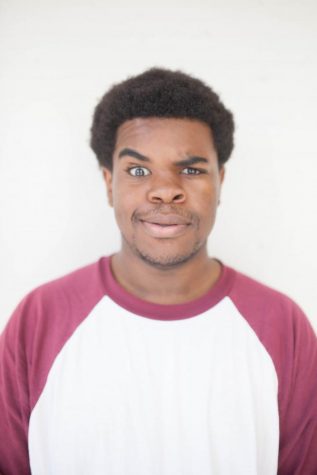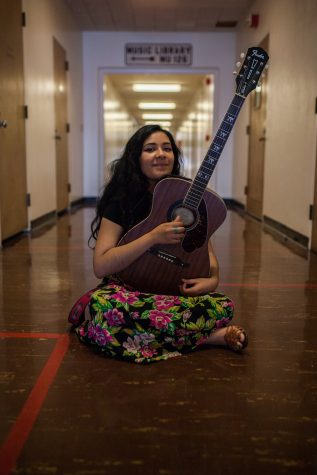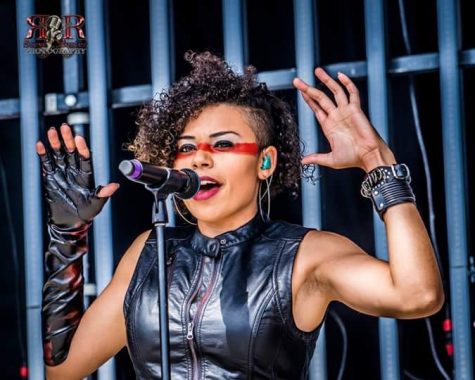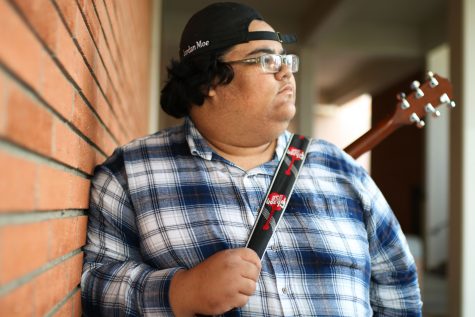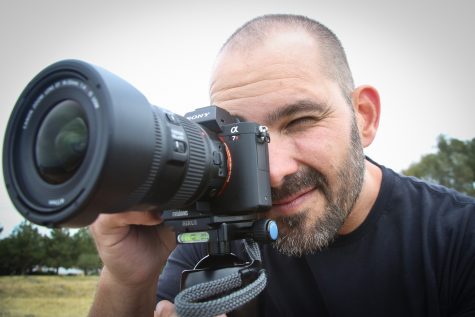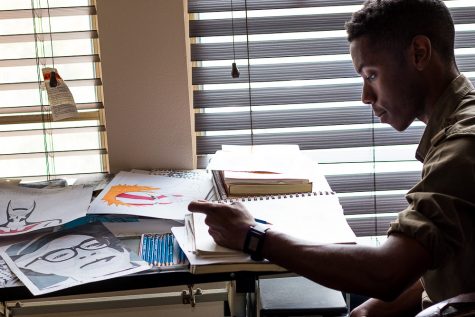The struggles and passion of music majors
With many diverse students here at EC, music majors may be the most odd ones. Ryunosuke Watanabe, 19, music industry major, is one of those challengers.
Watanabe is a guitarist who currently attends USC and EC at the same time.
Watanabe chose his path as a music major right after getting into EC.
“I had other choices like geography and economy, but I chose what I liked to do best and stuck with it,” Watanabe said.
A big tip for being a music major is knowing to always be on time.
“You have to get there early and prepared. If you show up at five on a five o’ clock meeting, you’re late,” Watanabe said.
It is fairly common among music majors to switch their majors into different fields of music or something that is not related to music at all, since students think more “realistic, financial wise.” Watanabe said.
Some students quit halfway, which often results in seeing themselves getting stuck at a negative spot where they’re not sure what to do.
“Music majors perform, so you have to be on stage, knowing how you look, what you’re going to do, and who you are,” Watanabe said.
Watanabe was selected for the applied music program, which is an academic program offered in EC for dedicated music majors.
Students in the applied program are required to put 6 practice hours in the practice room every week, or 96 hours by the end of the semester.
“Academically, music majors are required to do practice, instead of studying,” Watanabe said, when asked about what is the most different part of being a music major.
The time management aspect of being a music major also applies in terms of classes and units.
“You only get very few units in a class so you’d have to take more than 6 classes to be a full time student,” Watanabe said.
The applied program is open not only for students with instruments, but also for students whose strength is singing.
“You think you’re a musician and all, but when you actually get in to the program and progress, you find out that you can develop better and it’s very enriching. It makes you a better, wiser musician,” Alexis Ramirez, 22, music major, said about focusing on vocal performance.
“The best thing about being a music major for me is that I can love what I do.” Watanabe also cited the interaction with others as a positive side.
“You also get to know a lot of other performers and get closer with your professors more than other GE classes,” Watanabe added.
Watanabe’s passion for music was “something that I knew I would continue. I knew I wouldn’t make it in other things and music is the only thing I want to make an effort into it. So why not take the chance.”
Instructors here at EC are equally spirited as the students.
“For me, it is certainly my passion. I love what I do.” Dr. Joanna Nachef, music professor and director of choral music, said describing her experiences as a music instructor.
“I feel so rewarded when I see students investing themselves becoming disciplined, determined individuals who could apply these skills not only in the world of music, but in their life,” Nachef said.
EC is a community college and unlike most universities, it is relatively simple to switch majors.
If students have a passion in music but are not sure if they want it to be their life-long profession, there are always beginner classes that are non-auditioned, such as concert choir, voice and piano.
“Perhaps it could be your vocation in life.” Nachef said.


